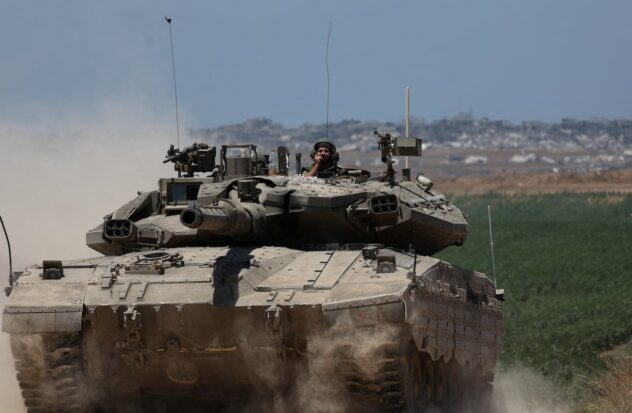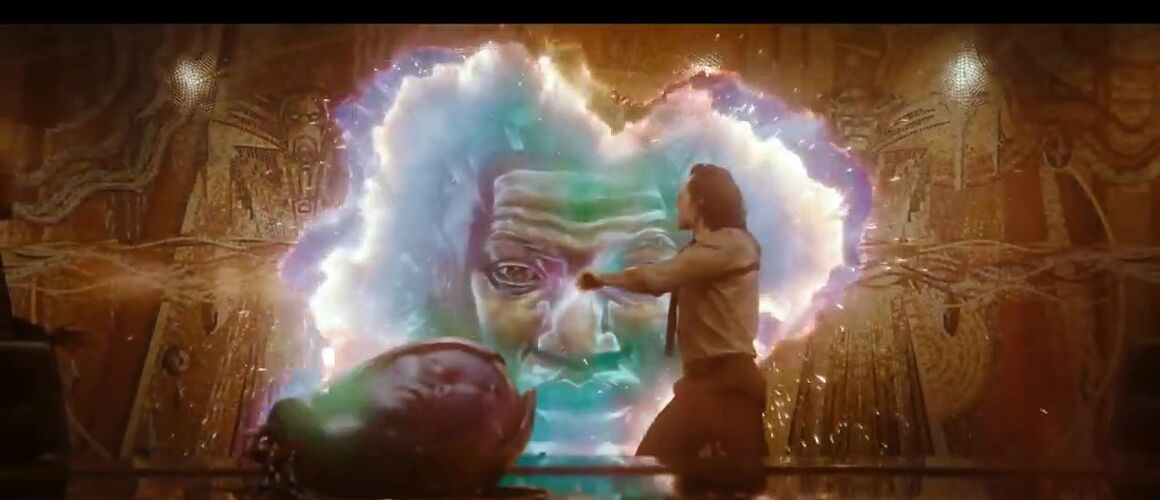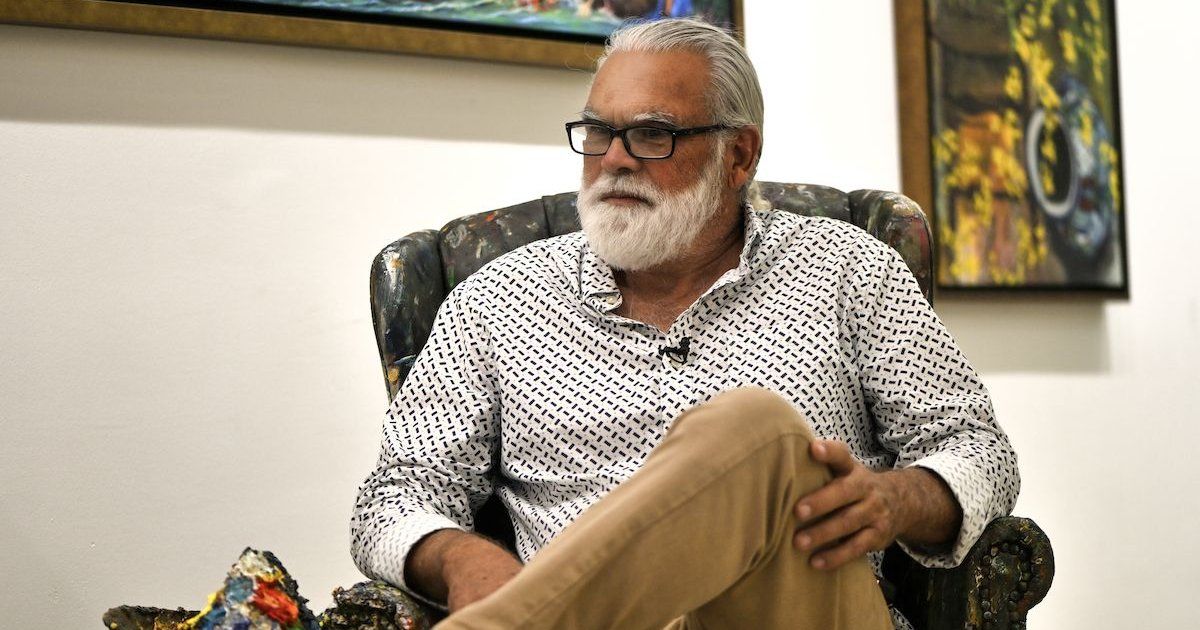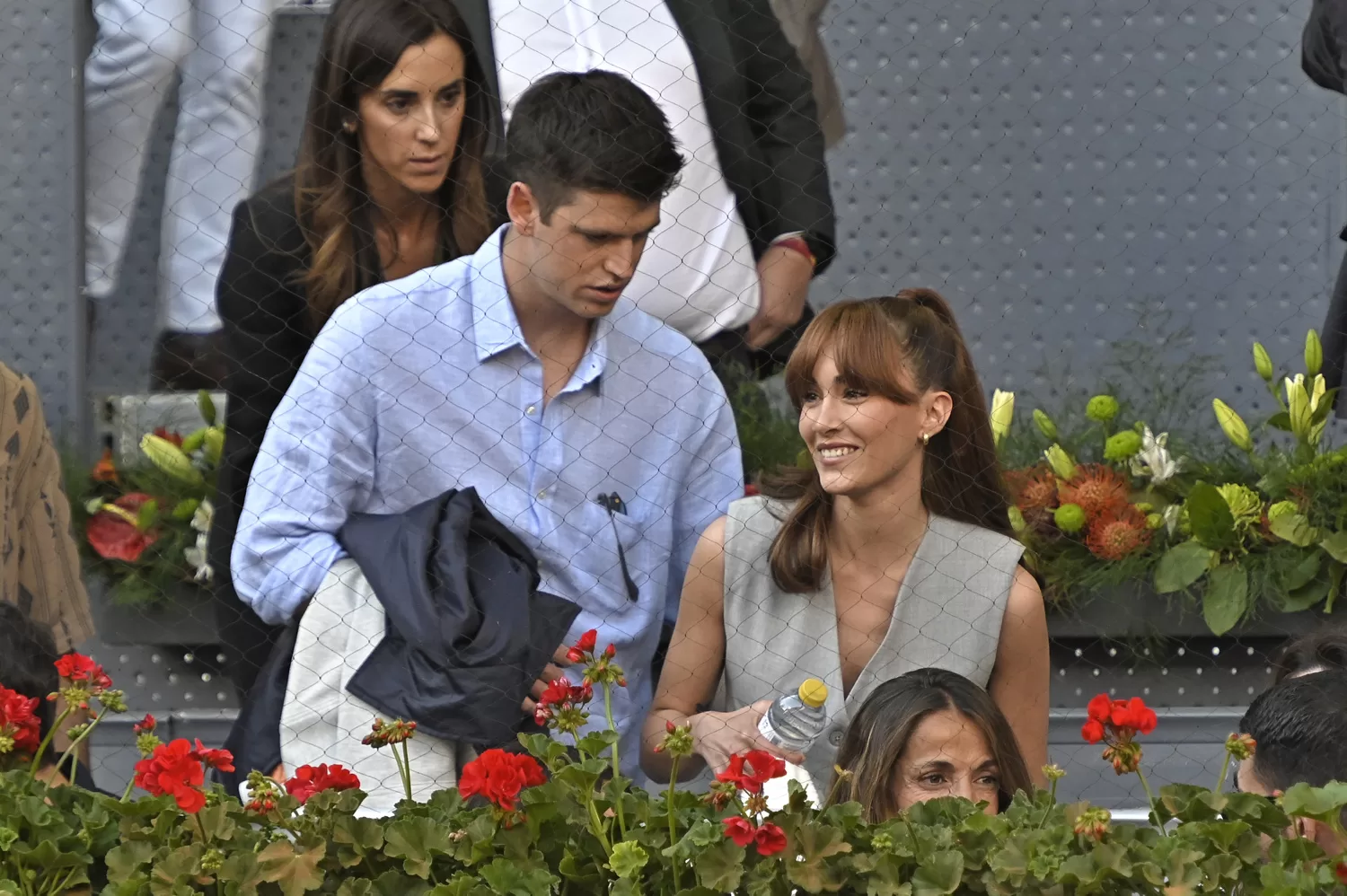The ICJ will today transfer its decision on precautionary measures to Israel after the offensive in Rafah
Israel will hear today the UN court’s decision on additional precautionary measures to prevent genocide in Gaza, which could include the “cessation”immediate of his military offensive in Rafah, a failure that comes with the arrest warrant of the prime minister Benjamin Netanyahu on the table of the judges of the International Criminal Court (ICC).
The International Court of Justice (ICJ), the highest judicial body of the UN, has prepared a public hearing for 3:00 p.m. Dutch time (1:00 p.m. GMT) at the Peace Palace in The Hague, during which the president of the ICJ, Nawaf Salam will read the decision made after hearing arguments from South Africa and Israel last week about the need for additional precautionary measures.
Pretoria asked the ICJ to indicate new measures against Israel, including an order of “withdraw and immediately cease its military offensive.” in Rafah; and the adoption of “effective measures to ensure and facilitate unimpeded access to Gaza” for humanitarian aid and assistance to the population of Gaza, as well as “fact-finding missions” and journalists on the ground.
“South Africa firmly maintains the view that the necessary condition for the effective implementation of the Court’s interim measures is a permanent ceasefire in Gaza,” he added. The origins of this case date back to last December 29: South Africa initiated proceedings against Israel for allegedly violating the Genocide Convention with its war in Gaza.
The ICJ concluded on January 26 that it was “plausible” the risk of genocide and called on Israel to take “immediate and effective” steps to prevent that crime, including punishing any incitement to the extermination of Palestinians, although he did not call for a “ceasefire.”
Institutionalized impunity
Since then, South Africa regretted that Israel is not respecting precautionary measures – which is issued pending the trial – and requested precautionary measures again on three occasions: in February, in March and in May, the latter being the request on which the ICJ will rule today.
In last week’s hearings, South Africa criticized Israel’s “institutionalized impunity” as allowing “annihilation” of the Palestinians of Gaza, with the offensive in Rafah as “final phase” of that “destruction”, and asked to demand “in a clearly explicit manner” the cessation of its military activities.
Furthermore, he regretted that Israel “erroneously believes, given the lack of countermeasures by the international community, that it is exempt from respecting international law.” British lawyer Vaughan Lowe, from South Africa’s legal team, warned that “Israel’s stated goal of wiping Gaza off the map is about to be realized.”
In its turn to speak, Israel defended that its war in Gaza is “tragic” and has “a terrible human price”, but he denied that it was a “genocide”, and asked the court not to get involved in “the micromanagement of operational aspects of an armed conflict” in this case. Furthermore, he criticized South Africa for daring to accuse the Jewish state of genocide and accused it of “aligning” with Hamas. The session reserved for Israel concluded with a woman shouting from the audience box, accusing the Israeli delegation of not telling the truth. “Liars, liars,” she shouted.
Arrest warrants
Three days after those hearings, another international court, the ICC, located 3 kilometers from the Peace Palace (home of the UN court), announced one of the news most feared by Israel. The ICC prosecutor requested authorization to issue arrest warrants against Nentayahu and his Defense Minister, Yoav Gallant, for alleged war crimes and crimes against humanity in Gaza since at least October 8.
In the case of the Islamic Resistance Movement (Hamas), Khan also requested the arrest of the group’s leader, Yahya Sinwar; his political bureau Ismail Haniyeh; and Mohammed Diab Ibrahim al Masri (Deif), head of the military wing of Hamas (Al Qassam Brigades). He accuses them of the same crimes, but both in Israel and the State of Palestine, and since October 7.
Unlike the ICJ, which resolves disputes between states, the ICC is not a UN court and has 124 member states, among which is not Israel, but Palestine, which gives Karim Khan jurisdiction over crimes committed on Palestinian territory or by Palestinian nationals in another State, even if it is not a member. The ICC Pre-Trial Chamber now has five arrest warrants on the table, although without a date concrete to announce his decision.




